
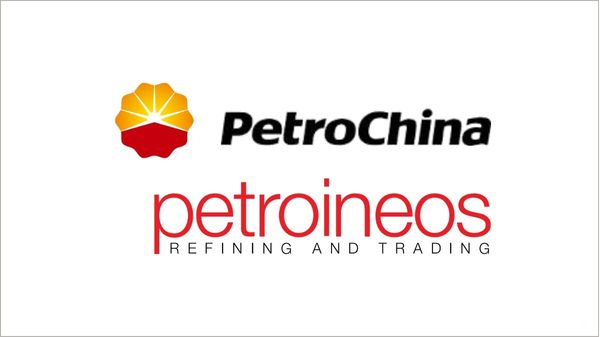
|
PetroChina International seeks bunker trader for London or Rotterdam role
Company aims to expand sustainable marine fuel portfolio and strengthen ARA region presence. |
|
|
|
||
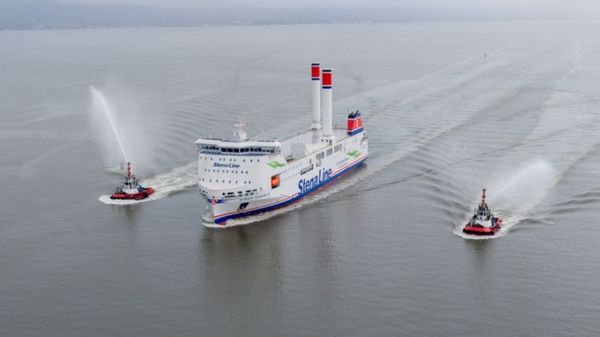
|
Stena Line deploys methanol-ready freight vessel with rotor sails on Belfast-Heysham route
Stena Connecta joins sister ship in £100m investment to boost Irish Sea freight capacity. |
|
|
|
||
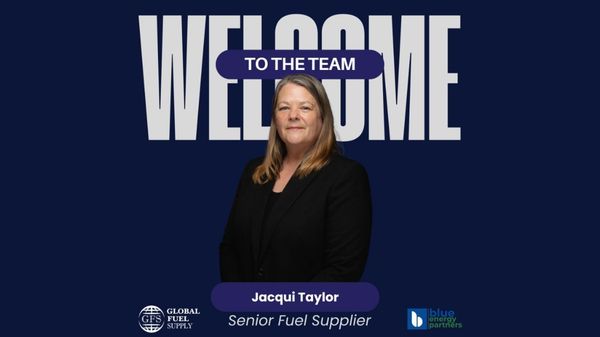
|
Global Fuel Supply opens Cape Town office, hires senior fuel supplier
Bunker firm establishes South African hub, appointing experienced regional specialist. |
|
|
|
||

|
Riviera Marine incorporates The Bunker Firm Group in consolidation move
Monaco-based bunker trader absorbs Danish group, creating combined entity with offices across five cities. |
|
|
|
||
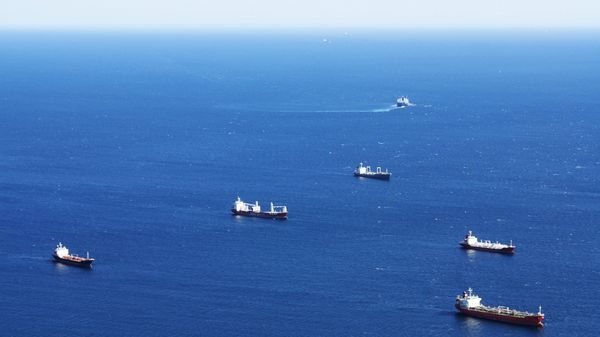
|
Uni-Fuels adds EU carbon allowances to marine fuel offering
Singapore-based company expands services to help shipowners meet EU emissions trading compliance requirements. |
|
|
|
||
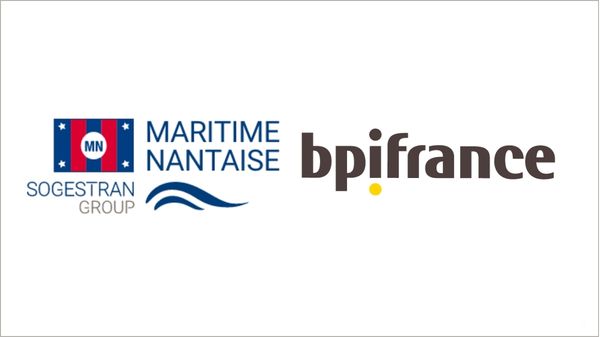
|
Compagnie Maritime Nantaise wins Bpifrance backing for space logistics vessel decarbonisation project
French shipowner to develop hybrid propulsion system combining rigid wings, thermal engines, and digital twin. |
|
|
|
||

|
LNG-fuelled ships account for 79% of alternative fuel orders in 2025, SEA-LNG reports
Industry coalition highlights decade of progress and over $150bn investment in methane-based marine fuels. |
|
|
|
||

|
Maritime piracy incidents rise 18% in 2025, Singapore Straits accounts for majority
ICC International Maritime Bureau reports 137 incidents globally, with violence against crew continuing. |
|
|
|
||
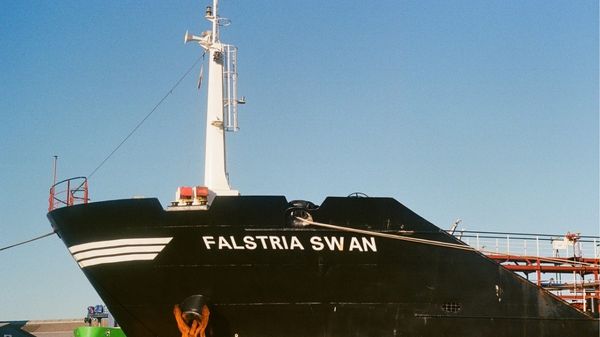
|
Biodiesel cuts black carbon emissions by up to 81% in shipping trial
Project CLEANSHIP submits real-world sailing data to IMO showing biodiesel's climate benefits for shipping. |
|
|
|
||
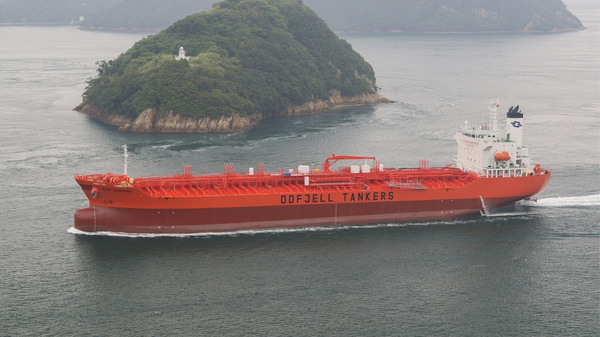
|
Petrobras signs renewable bunker fuel deal with Odfjell for Brazil-Norway green corridor
Brazilian state oil company to supply up to 12,000 tonnes of B24 blend in 2026. |
|
|
|
||
| Maersk Line's bunker costs down 2.8% in Q2 [News & Insights] |
| Slow steaming program off California to save whales... and fuel [News & Insights] |
| Scrubber 'successfully' tested on board Maersk ship [News & Insights] |
| Maersk ships approach 3,500 hours of EGR operation [News & Insights] |
| Carnival cuts CO2 emission rate by 20 percent [News & Insights] |